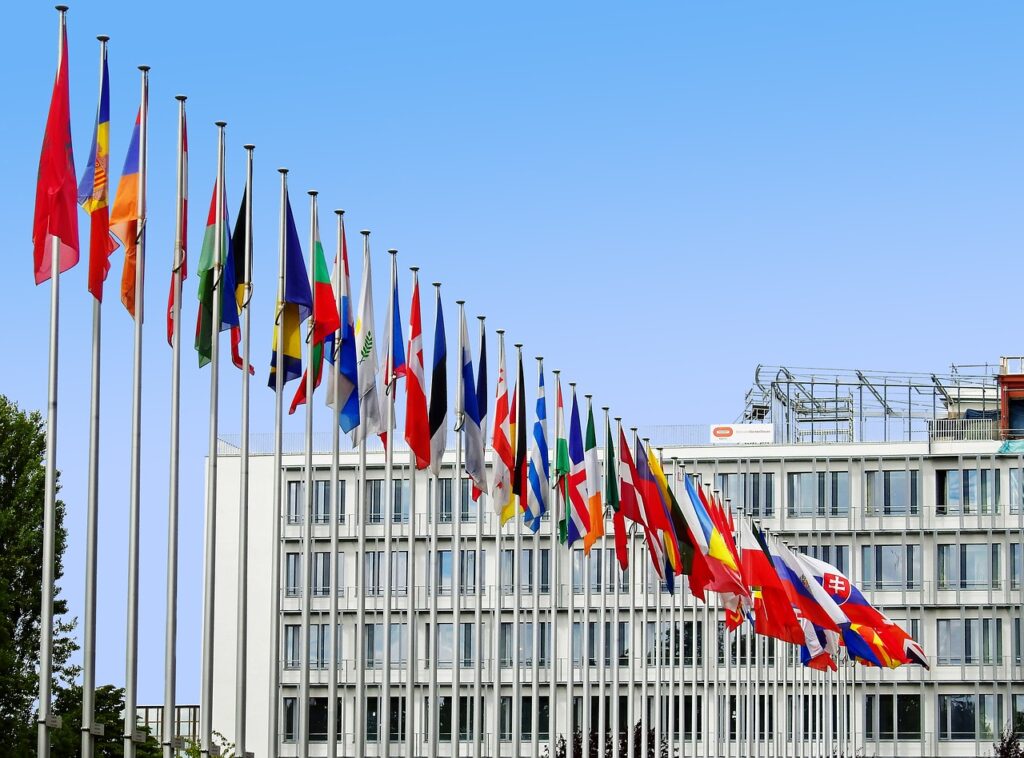Today @ 09:15 CET
EUOBSERVER / BRUSSELS – Turkey’s role as promoter of regional stability has improved in the last year, Brussels says in a draft report on Turkey and the western Balkans’ progress towards the EU, while stressing that Ankara still has a lot to do in a number of areas before being judged fit to join the EU club.
“Turkey has played a constructive role in its neighbourhood,” Brussels says (Photo: EUobserver.com)
“Turkey has played a constructive role in its neighbourhood and the wider Middle East through active diplomacy,” reads the draft of the annual report seen by EUobserver.
“Following the crisis in Georgia, [Turkey] proposed a Caucasus Stability and Co-operation Platform to promote dialogue between the countries of that region. [Turkish] President Gul paid a visit to Yerevan, the first visit ever of a Turkish president since the independence of Armenia. Turkey undertook efforts as a mediator between Israel and Syria and conducted a dialogue with Iran on the nuclear issue,” the draft report goes on.
Ankara has itself been stressing its role in maintaining regional stability and has been multiplying initiatives in that respect lately – including setting up the Caucasus Platform in the aftermath of the Russia-Georgia conflict.
It says the platform’s objective is to establish regional conflict resolution mechanisms and broader economic co-operation among the five countries involved – Turkey, Russia, Georgia, Azerbaijan and Armenia.
The EU has always insisted that good neighbourly relations are an important pre-condition for any EU hopeful.
Additionally, “the development in the southern Caucasus also highlighted Turkey’s strategic significance for the EU energy security, particularly by diversifying supply routes, and underlined the importance of closer energy co-operation between Turkey and the EU,” the commission says.
Nabucco – the EU-backed planned natural gas pipeline designed to reduce energy dependency on Russia by transporting natural gas from Turkey to Austria, via Bulgaria, Romania and Hungary – “is a key element for this,” Brussels underlines.
Same problems remain
Turkey has been an official candidate to join the EU since 1999 and opened accession negotiations with the bloc in 2005.
But besides the progress noted, the commission says Ankara still has a lot to do in many areas in order to be ready for EU membership.
Notably, “there has been no progress towards normalisation of bilateral relations with the Republic of Cyprus. Turkey has not fully implemented the Additional Protocol to the Association Agreement and has not removed all obstacles to free movement of goods, including restrictions on direct transport links with Cyprus.”
In 2005 Ankara signed a protocol to extend its customs union with the EU to the 10 states that joined the bloc in 2004 – but still refuses to open its ports to Cypriot ships. Several negotiations chapters with the EU remain suspended because of this.
Turkey does not recognise the Greek government in the southern part of the divided island, while at the same time is the only country to recognise its northern Turkish section.
Earlier this year, commission President Barroso called the issue “the main obstacle for significant progress in Turkey’s accession process.”
In addition, reads the report, the country has still a lot to do to fight corruption and organised crime. It has made “no progress on alignment with European standards” as regards minority rights and it needs to push administrative and political reforms further.
“Full civilian supervisory functions and parliamentary oversight of defence expenditures need to be ensured. Senior members of the armed forces have continued to make statements on issues going beyond their remit,” Brussels also says. The central role of the military in Turkish society is often raised as a concern by the EU executive.
The final version of the report will be presented by the commission on 5 November.
